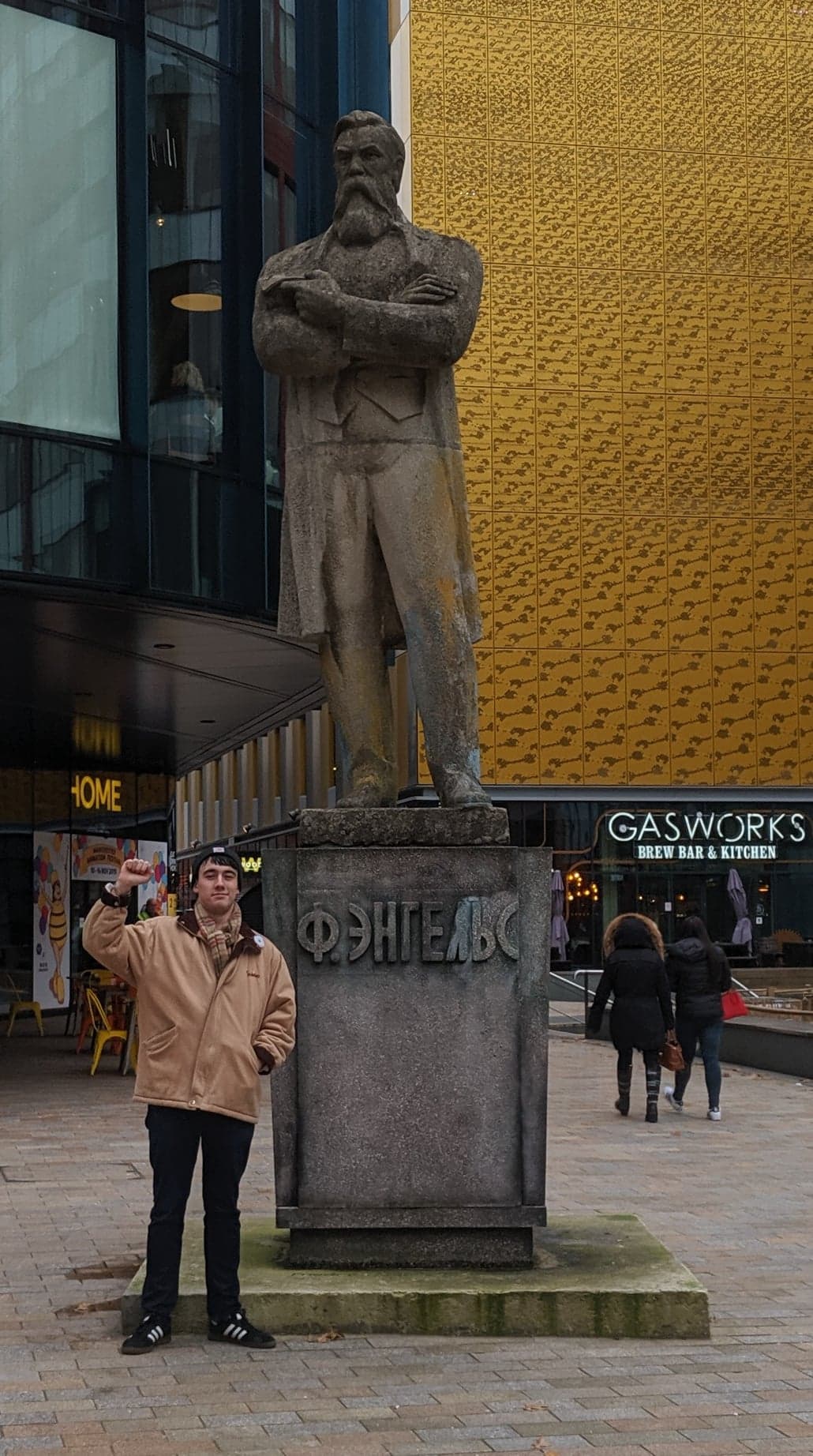
Communist Party candidates in Scotland launched their campaigns this week ahead of the Scottish Parliamentary elections this May.
The Communist Party is putting up candidates, not just in Scotland, but across Wales, many of the English regions, and London. Each and every one of these candidates offers hope in a political landscape that has been ravaged by neoliberal politics for over a decade at least.
In the same week that these campaigns have been launched, Starmer’s Labour Party has: fought against a rise in corporation taxes; reiterated support for NATO and nuclear weapons; scrapped the shortlist for Liverpool city Mayor to ensure a right-wing candidate. All of this, in a single week, while the SNP in Scotland appear in turmoil and the Tories stumble through blunder after blunder.
Yet the polls for Scotland, Wales and and across the UK, show support for the Labour Party is failing. Given the situation this week, described above, is it any wonder! Starmer’s Labour seems hellbent on proving that the Labour Party is not, and cannot, be the alternative to this abhorrent Tory Government.
Mark Drakeford, Welsh Labour First Minister has today announced the Welsh Labour manifesto. It is significantly better than the current program offered by Starmer, with climate justice and further devolution at the heart of their commitments.
The Scottish Labour Leadership election closed this afternoon and Monica Lennon’s campaign has stepped up a gear and appears to be offering alternatives to the BIairites who have dominated Holyrood for so long. The new leader is to be announced tomorrow, but if polls are to believed, Anas Sarwar is likely to win it comfortably. Nonetheless, Lennon’s campaign is offering hope for Labour members in the wake of Starmer’s abysmal track record in England.
Perhaps unsurprisingly, the devolved administrations, across Scotland, Wales and the regions of England, are offering far more than Starmer.
But it is not enough.
Labour’s need to court business, as evidenced by the pitch against raising corporation tax, is not worth going over, but Labour’s actions in the last week go beyond that, and demonstrate why people are withdrawing their support for the Party.
Meanwhile, Communist Party candidates in Scotland have seen significant levels of support from across the Central Belt where candidates are standing. Is it any wonder when one compares it to the situation described above?
Communist candidates offer unequivocal support to trade unions campaigning for increased wages, and are demanding an immediate 15% rise in NHS wages. Not only this, they are calling for full employment rights at work from day one, with collective bargaining rights on pay and conditions. In local areas, Communist’s are fighting for dignified apprenticeships, investment in sport, music and cultural outlets, and sport facilities as well as youth & community centres.
Meanwhile, North Lanarkshire Council, which covers Motherwell & Wishaw, where Daniel Lambe is standing for the Communist Party, announced this week that it was to cut funding for the local Women’s Aid group. This move, from a Labour minority controlled council, is particularly abhorrent given recent statistics have shown domestic violence has sky-rocketed over the last year.
This decision, highlights more than any other example, that Labour cannot be the party of opposition for our class. People across Scotland and other parts of Britain are recognising this.
Not to overstate the level of support, but it is clear that people are fed up, and are unhappy with the prospect of Labour returning to the status quo. I am sure that when campaigns are launched in England & Wales in the very near future, they too will be met with the same levels of success.
Regardless of electoral successes, we should all take solace in the fact that, once again, Communists are putting their names on the ballot box and offering voters with a real alternative, not just to the Tories and the SNP, but to capitalism.
Peter Stoddart



